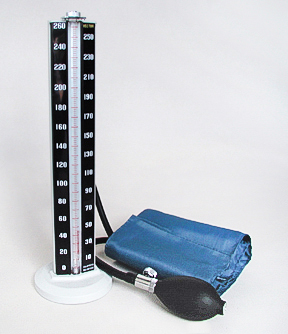How much would you pay to live an extra year?
Dominic Wilkinson, University of Oxford
Medical science continues to push at the boundaries of life and death with new drugs and technologies that can extend life or improve health. But these advances come at a cost. And that inevitably raises difficult questions about whether public health systems should pay for such treatments – and, if so, how much. For example, should the NHS fund the new breast cancer drug Kadycla which comes with a £90,000 price tag per patient?
Some countries make these difficult decisions by looking at the cost-effectiveness of new treatments. How much does the new treatment cost and how effective is it compared with existing treatments? Treatments may help patients live longer, or they may improve a patient’s quality of life (or both). Kadycla appears to extend life by about six months.
One mathematical way of combining these elements uses the concept of a Quality-Adjusted Life Year saved, or QALY. As an example, a treatment that extends life for one year but at a “quality” level of half normal it said to save 0.5 QALY. When treatments are assessed this way, health systems can then use a threshold to work out a maximum cost that is affordable. The National Institute for Health and Care Excellence (NICE) uses a threshold of £20,000-£30,000 for each Quality-Adjusted Life Year saved (QALY). This would mean (assuming full quality of life), that the NHS would be prepared to pay £10,000-15,000 for a course of Kadycla.

Saving time.
Bank by Shutterstock


 e first St Cross Special Ethics Seminar for Hilary Term.
e first St Cross Special Ethics Seminar for Hilary Term.